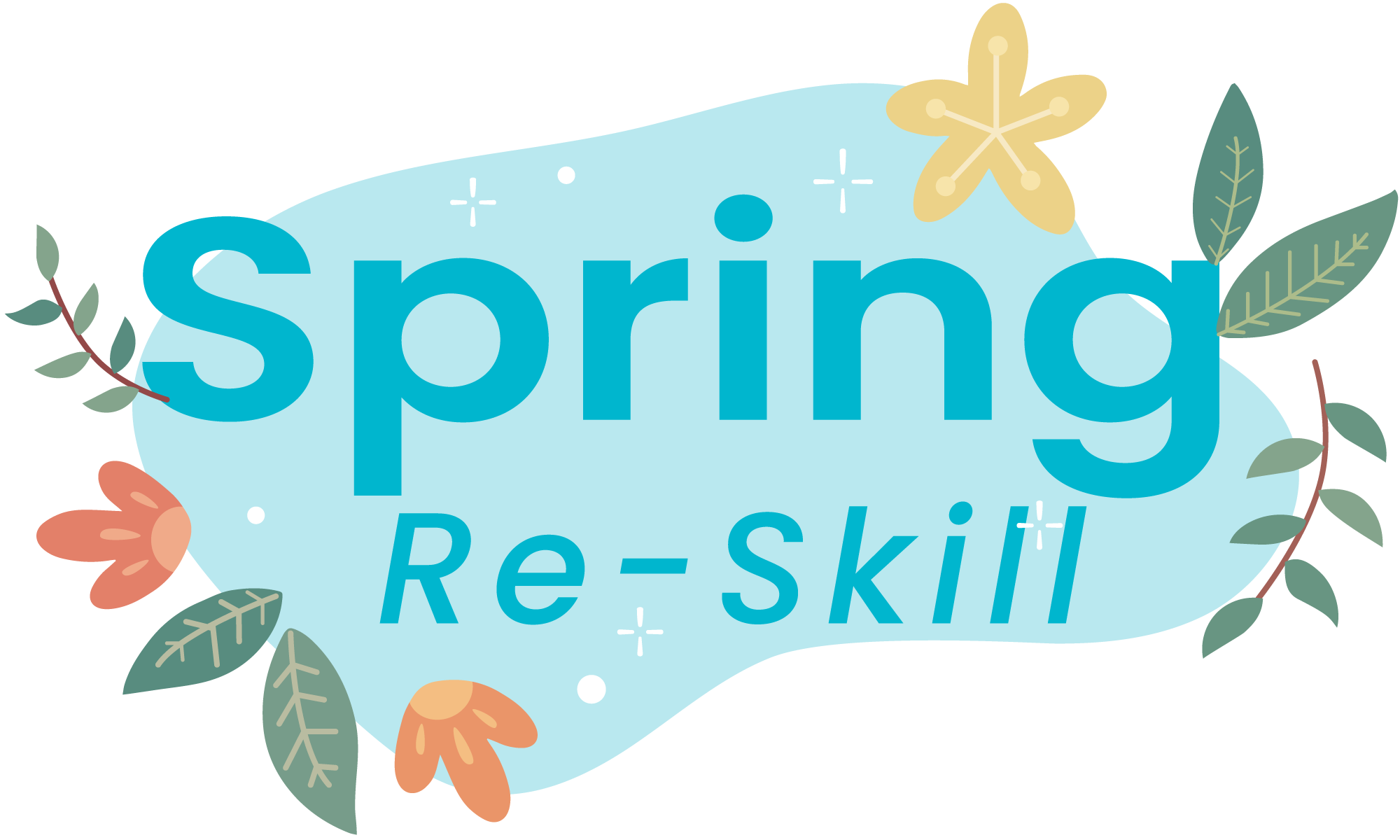- No products in the cart.
Your Work Placement in School Based Education Support
Work placement – the practical component of studying your Certificate III or IV in School Based Education Support online – allows you to apply and practice newly acquired skills and knowledge while building confidence and career opportunities.
Work placement is designed to allow students to:
• Build on their knowledge (theory components) of school based education support as they gain practical experience
• Develop an understanding of how a school operates, including its policies, procedures, culture and expectations
• Obtain insight into the daily activities undertaken by teachers and other educators within your chosen industry area
• Put theory into practice by applying what they learn from their nationally recognised qualification
In addition to learning new skills, you will also be able to build confidence through hands-on experience in a classroom setting. Completing work placement hours means you will be able to demonstrate your skillset when applying for roles upon completing your studies.
Online learning and work placement.
Even though you are undertaking your qualification in school based education support with ACTAC in an online format, that does not mean you miss out on the practical experience. Studying online allows you to find more time in your schedule for choosing and undertaking your work placement. Doing online study brings other benefits, including:
• Flexibility
• Convenience
• Cost-effectiveness
• Engagement
• Accessibility
Understanding the value of online learning, like all good things, takes time. Online learning can effectively get more students like you involved in education support and increase access to the broader community. It is also a great way to learn new skills and up-skill yourself if you are looking for work or want to change jobs.

How to find your placement.
When searching for a placement, you should consider the following:
- The location. Can you work in your local area, or will you need to look further abroad to find a suitable placement?
- The schedule. Can you commit to being able to attend all hours required of you during the placement?
- Your needs. Are there any specific disability-related support services that are important to you? For example, do you require any equipment or technology that the school may not be able to provide on their own (i.e., assistive technology such as screen readers)?
- The types of roles available at each school — i.e., what is the ratio between classroom assistants and other support staff (such as teaching assistants) compared with teachers themselves?

How to make the most of your work placement
Make sure you are prepared
Before you go into your placement, make sure that you have read through the information given to you by your work experience provider. You should know what they expect of you and what they will be providing for you during your placement. It would help if you also thought about how much time it will take for them to show you everything and any questions or concerns that might come up during this process. This way, if there are any problems on the day of, it will not catch anyone off guard!
Constantly be questioning
Every day of your placement, always be asking questions and sponging new ideas, tips, and tricks from your supervisor. It is also essential to speak with and learn from the other educators you will have the opportunity to work with, as they will have their own experiences from which to gain.
Be punctual
Make sure that you make an effort to arrive on time and not make a habit of being late each day. While it may take a couple of days to get a handle on the time it will take to get to your placement (especially if it is in a new area for you), leaving a little bit earlier in the morning to arrive early can help avoid any unnecessary stress for you and your supervisor.

How much work placement do I need to complete?
Students can complete a work placement at any time during their course. The number of hours required to meet as a part of your work placement is 100 hours. The number of hours is the same whether you are studying the CHC30221 Certificate III in School Based Education Support or the CHC40221 Certificate IV in School Based Education Support. ACTAC recommends that students commence work placement once they have completed the first six to eight (6-8) units of competency of the theory component of their course.
Before you begin your work placement, there are also several documents that you and your workplace supervisor will need to sign. These documents, including a signed Workplace Agreement, must be submitted to ACTAC BEFORE you formally begin your work placement.
You will also be required to complete a Placement Booklet during your work placement. This booklet contains questions about the various units of study in your course and how you have applied them while on your work placement. There are also sections for your workplace supervisor to fill out where they assess your performance. There are sections that your assessor will complete.

Work placement is the opportunity to apply and practice newly acquired skills and knowledge.
Your work placement – the practical component of studying your Certificate III or IV in School Based Education Support online – is a great way to apply what you have learnt in the classroom and gain real work experience. It will also help build your confidence, network, and profile. Your work placement is an essential part of the course as it provides valuable skills for future employment. It allows you to use everything you have learnt during your time at ACTAC by applying it practically in the workplace. The teaching staff will support you throughout this process by providing advice on how best to prepare for interviews, revise CVs and cover letters and write engaging job applications.
• You can expect to learn a lot – like, a lot. There is never a dull moment when working with children, so you will learn to be ready for anything! Each day of your placement will be a completely different challenge that tests what you have learnt during your theory work and what you may have already achieved during your placement.
• Work placement is about applying your knowledge in a real-world, practical environment. The skills and knowledge gained will be invaluable in giving you that first idea of what it is like to work in an educational setting and spend your day with students. You will also be able to apply your learning in a real-life situation.
• Your employer will be able to give you feedback on how you are doing and what skills you need to improve on, which will allow you to grow as a school based education support professional.
• The work placement is an opportunity for you to practice your skills and build confidence in applying them. Confidence is a massive factor in success in any industry or role, so creating that confidence while on work placement is key to your future working in education.

Conclusion
Work experience is a vital opportunity to apply and practice what you’re learning in your course. It’s also a great way to get your foot in the door with employers and build your career. If you’re looking to qualify for education support, don’t wait! Contact us today to find out how we can help you get started on your journey while providing flexibility and the opportunity to work at times that suit you.
Do not hesitate to start your journey to becoming an early childhood specialist and fulfilling your passion for education. Contact us on 1300 511 455 or at enquiries@actac.com.au to speak with one of our friendly support members or organise a chat with one of our trainers to see if this is the right course for you!
QUICK ENQUIRY
REQUEST A CALL BACK!
FROM OUR STAFF
Fill in the form with your information,
we will be in contact with you shortly!
[stm_sign_up_now form=”555″ title=”Request Now” css=”.vc_custom_1520401314013{margin-bottom: 30px !important;}”]
